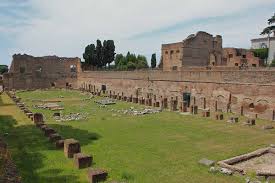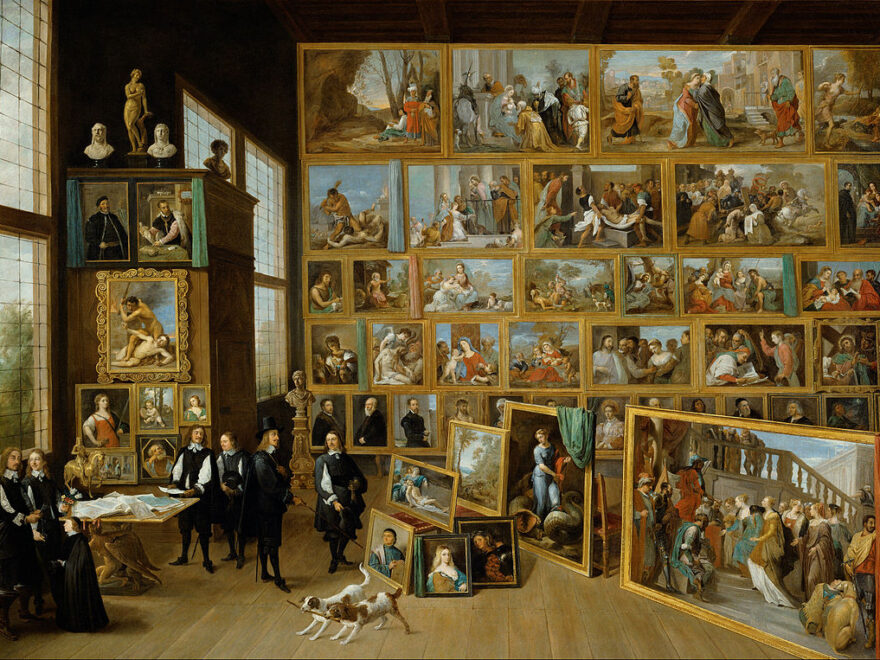Tag: Charlotte Mason
-

The Personhood of the Child: Book Review of Deani Van Pelt and Jen Spencer’s Students as Persons
In this series, I want to review and highlight the Charlotte Mason Centenary Series of monographs released in 2023. The 18 books in this series are brief and readable volumes that encapsulate a diverse range of topics related to the life, writings and philosophy of Charlotte Mason. My intention is to select a few of…
-

On the Beginning…and End of Civilizations
“Civilization is social order promoting cultural creation. Four elements constitute it: economic provision, political organization, moral traditions, and the pursuit of knowledge and the arts. It begins where chaos and insecurity end. For when fear is overcome, curiosity and constructiveness are free, and man passes by natural impulse towards the understanding and embellishment of life.” …
-

The Study of Nature: Book Review of Lois Mansfield’s Field Notebooks and Natural History Journals
In this series, I want to review and highlight the Charlotte Mason Centenary Series of monographs released in 2023. The 18 books in this series are brief and readable volumes that encapsulate a diverse range of topics related to the life, writings and philosophy of Charlotte Mason. My intention is to select a few of…
-

The Great Recognition: Book Review of Deani Van Pelt and Camille Malucci’s Charlotte Mason’s Great Recognition
In this series, I want to review and highlight the Charlotte Mason Centenary Series of monographs released in 2023. The 18 books in this series are brief and readable volumes that encapsulate a diverse range of topics related to the life, writings and philosophy of Charlotte Mason. My intention is to select a few of…
-

A Coherent and Holistic Education: Book Review of Elaine Cooper’s The Powerful and Neglected Voice of Charlotte Mason
In this series, I want to review and highlight the Charlotte Mason Centenary Series of monographs released in 2023. The 18 books in this series are brief and readable volumes that encapsulate a diverse range of topics related to the life, writings and philosophy of Charlotte Mason. My intention is to select a few of…
-

Charlotte Mason on Thanksgiving
The tradition of a Thanksgiving holiday has a rich history in Christianity that predates the holiday as it has developed in America. In fact, numerous countries across the world celebrate some form of thanksgiving as a national holiday. The idea of thanksgiving or gratitude stems from a prominent biblical theme, one which calls the Christian…
-

The Narration-based Science Lesson
The method of narration articulated by Charlotte Mason is a powerful tool that involves children retelling what they have learned in their own words. Students tell back the content of what they have read, seen or heard. This actively engages their minds in the process of assimilating knowledge, making connections and cultivating language skills. Narration…
-

The Role of Imagination in Education
Imagination. The word brings so much to mind for us today. If there’s one thing that everybody can agree on for children, it’s the need to help them develop a vivid imagination through school, play, and well… everything they do. Or perhaps, ‘develop a vivid imagination’ is the wrong way of putting it. “Every child…
-

Learning to Appreciate Beauty: A Deep Dive into Picture Study
Amongst the subjects that epitomize Charlotte Mason’s philosophy of education, picture study – otherwise known as artist study or art study – offers so much scope for us to consider how classical education can benefit from a deeper understanding of Mason’s methods. When we think about the classical tradition, we often focus on the great…
-

The Soul of Education, Part 1: What Is a Human Being?
Every educational philosophy necessarily relies on a pre-existing view of the human person. Anthropology informs pedagogy. Many of the problems that classical Christian educators have identified in conventional education have their roots in a false or insufficient view of human beings. The factory model of education, for instance, underrates certain aspects of human development and…
